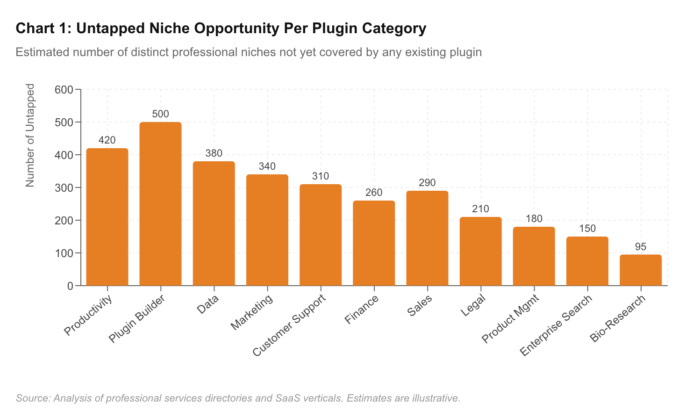How would Trump's tax-free tips proposal impact workers?
A breakdown of Trump's proposals and their potential impact on politics and the economy.

Former President Donald Trump's latest proposal to exclude tips from federal taxes is gaining traction among Republican lawmakers, although there are still many unanswered questions about its potential impact and implementation. One thing is for sure: this change in the taxation of tips would have a significant effect on the millions of workers who rely on them as a major source of income.
According to the U.S. Bureau of Labor Statistics, there are approximately 2.24 million waiters and waitresses across the country, with tips making up a large portion of their earnings. This makes it a crucial issue for many people, especially those working in states with a high concentration of tipped workers, such as Nevada, Hawaii, and Florida.
Trump first introduced his tax-free-tips plan at a rally in Nevada, a state that is seen as a key battleground in the upcoming presidential election. While President Joe Biden won the state in 2020, the Trump campaign is hoping to turn the tables this fall. During his speech, Trump promised that if re-elected, he would immediately remove taxes on tips, which received a positive response from the crowd.
This pitch sets up a clear contrast between the Democrats and Republicans, as Trump believes that a tax cut would benefit workers, while the Democrats have been pushing for an increase in hourly wages. It remains to be seen which approach will resonate more with voters. The Culinary Union, which represents 60,000 workers in Las Vegas and Reno and is backing Biden, dismissed Trump's proposal as a mere campaign stunt.
Lael Brainard, director of the White House National Economic Council, declined to comment on Trump's idea as it is against federal employee regulations to discuss campaign politics. However, she did point out that President Biden has been advocating for real solutions to address workers' need for fair wages, such as a higher minimum wage and the elimination of the tipped minimum wage, which would result in a $6,000 increase in income for tipped workers in Nevada.
The details of how the tax exemption would work are still unclear, as Trump has not specified whether it would apply to income taxes only or also to the payroll tax which funds Medicare and Social Security. For workers, this could mean more take-home pay, but for the federal government, it could lead to larger budget deficits. The Committee for a Responsible Federal Budget estimates that exempting tips from both income and payroll taxes could result in a loss of $150 billion to $250 billion in federal revenue over the next decade.
Congress will have to carefully examine Trump's proposal as they consider which parts of the 2017 Tax Cuts and Jobs Act will be allowed to expire after next year, including the lower individual tax rates. Representatives Vern Buchanan and Kevin Hern, both members of the House Ways and Means Committee, which oversees tax policy, believe that this issue needs to be addressed, but they also recognize the need to consider the overall cost and how it will be paid for.
However, as with any tax proposal, there could be unintended consequences. Some experts argue that a blanket exemption on tips could actually backfire for many workers. Customers may reduce their gratuity if they know it won't be taxed, and it could discourage efforts to raise the minimum wage for tipped workers to match that of other workers. There are also questions about the fairness of exempting tips from taxes while other forms of income are still taxed.
Despite the criticism and skepticism from Democrats, Trump's enthusiasm for this idea seems to be growing. He has continued to promote it at rallies and meetings, and some lawmakers and allies have even begun sharing photos of their restaurant bills with handwritten messages about Trump's promise. Senator Ron Johnson of Wisconsin believes that this would be a smart and targeted tax reform, while musician Kid Rock, a vocal Trump supporter, has publicly shown his support by tipping $400 on a $1,143 bill at a restaurant.
In conclusion, while there are still many uncertainties and potential drawbacks, Trump's proposal to exclude tips from federal taxes has caught the attention of many Republican lawmakers. It remains to be seen how this will play out in the upcoming election and whether it will ultimately benefit workers as promised.
1 Views










